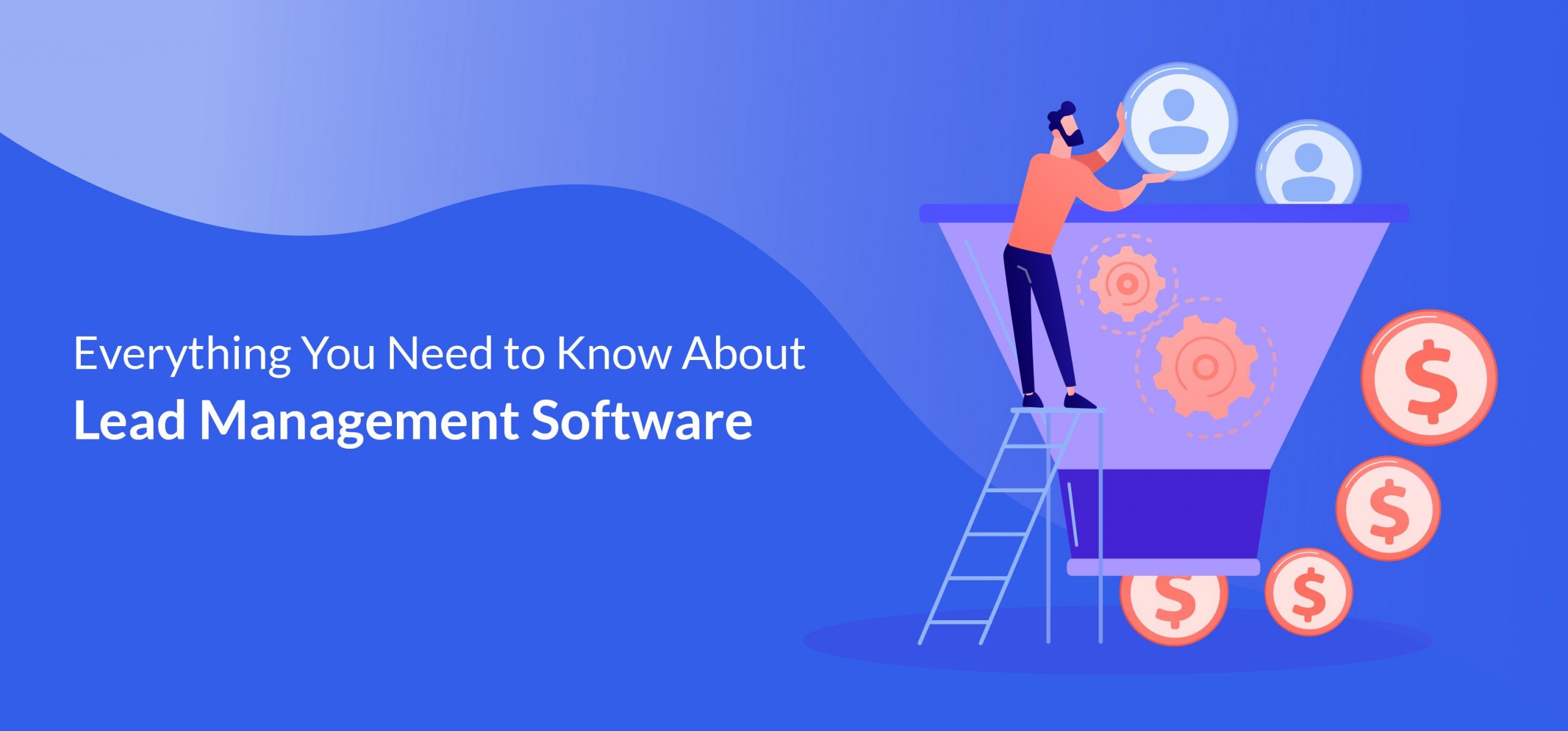
Without leads for prospective distributors, retailers, clients, or customers, your business—no matter what the industry—is in jeopardy. Lead generation is what connects your company to the outside world. Yet coming up with leads and then tracking them is time-consuming and tedious — especially if you’re relying on guesswork and spreadsheets to do so. A much more efficient solution is to use Lead Management Software in Kenya.
Whether you’re already committed to investing in new software or this is a new concept for you, check out this quick guide to using Lead Management Software in Kenya as a marketer.
Finding Your Buyer
The first step in finding new leads is to identify your target customer or buyer in the most precise way possible. Start by creating an ideal customer profile that details the type of person who would be most likely to buy your product.
Create a character profile of this person, focusing on socio-demographic data such as household income, age, and occupation. Since many Lead Management Software in Kenya options double as customer management platforms, use your wealth of customer data to identify your target buyers.
You’ll likely come up with multiple profiles based on the different types of people who buy from you. However, start by limiting your profiles to one per product. This enables your marketing team to target specific demographics rather than muddling your lead generation strategy.
You can also save all of your buyer profiles, and refer to specific profiles during various marketing seasons. For example, you might market your patented pencil product to stay-at-home moms in late summer, but by the spring your lead focus transitions to the entrepreneur who works from home and is shopping for office supplies.
Go Social for Lead Generation
Once you understand who you are targeting in your lead generation, your marketing team is ready for the next step. Identify the social media platforms like Facebook and Instagram that your ideal buyers are using. Take a look at the demographics of social media research from the Pew Research Center that explains where various age groups are spending their time online.
Social media provides your company with a two-fold solution for lead management. First, you can generate leads by creating advertising campaigns using banner ads, PPCs, and other online marketing tools. Once these leads are entered into your lead management software, along with their social media profiles, you can learn more about these target customers by reviewing their social media behavior. For instance, if you released a new product and it’s getting stellar reviews on social media, then you have positive reinforcement that you are targeting the right people.
Attracting Additional Leads
The lead generation and management processes never stop. However, the best ways to generate leads have evolved from the traditional approaches of in-person sales pitches and phone calls. Today you need to have a centralized website for your company, so leads can easily find you. Yes, this applies even if you have social media accounts for your business.
On your company website, you control the advertising and sales pitch. Start drawing in leads by creating value-rich content that attracts potential customers. Once they land on your website, keep them engaged using banner ads, calls-to-action, and newsletter sign-ups.
You should also take advantage of any automated lead collection solutions offered by your Lead Management Software in Kenya, such as web-to-lead forms or email integrations. These tools streamline the lead generation process by automatically entering new leads into your database.
Qualifying Leads for Follow-Up
As you acquire leads, it’s important to identify which ones are worth following up with. For example, an unqualified lead would be someone who followed your company on social media to be entered into a giveaway but does not know anything else about your offerings. These leads are likely not going anywhere, and chasing them is a waste of time.
On the other hand, you will have leads that are either marketing or sales-qualified. A marketing-qualified lead is someone who is interested but needs time to make a decision. They are shopping around. Meanwhile, a sales-qualified lead is someone who is well-suited for your product or service and is ready to purchase.
To qualify and track leads efficiently, your company needs to have Lead Management Software in Kenya in place. These programs let you assign ratings or statuses to your leads as they move through the marketing and sales funnels. Filtering your leads by status makes it easy to see which ones you should pass along to your sales team for follow-up.
Maintaining Your Customer Base
Leads that turn into customers are good, but customers that become repeat buyers are better. These loyal customers become your greatest asset in generating future leads. While marketing technology has come a long way, word-of-mouth remains one of the best ways to attract new prospects.
As your paying customers and new leads become intertwined, you’ll want a smart system in place for managing those different aspects of your business. For instance, most SMBs already use some form of accounting software, such as QuickBooks Online or QuickBooks Desktop. If this applies to your company, look for Lead Management Software in Kenya that integrates with your existing accounting platform. This makes it easy for you to send leads to accounting after they make purchases, and to view repeat customers alongside your lead database.
Throughout each stage of the lead and customer acquisition process, you’ll notice one underlying theme. Lead Management Software in Kenya plays a key role in organizing your leads for marketing purposes. When all of your data is congregated in one cloud-based system, it’s easy to access from wherever you work. By modernizing your marketing efforts with high-tech software, you’ll propel your lead management to the next level.
